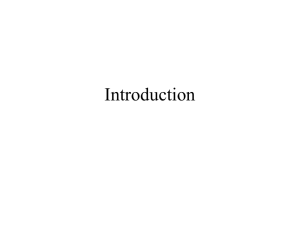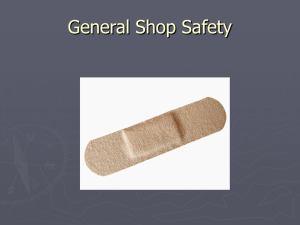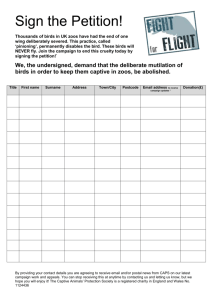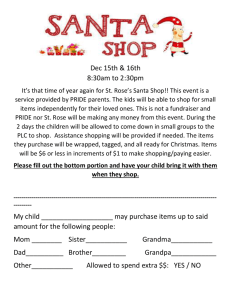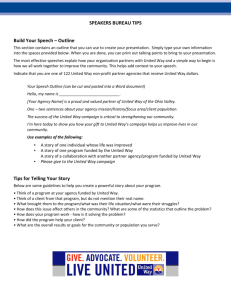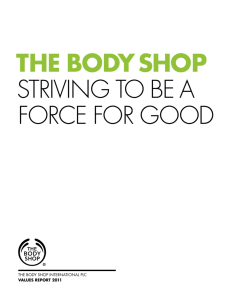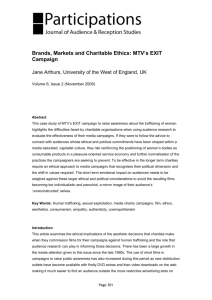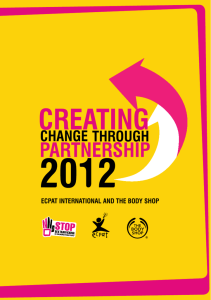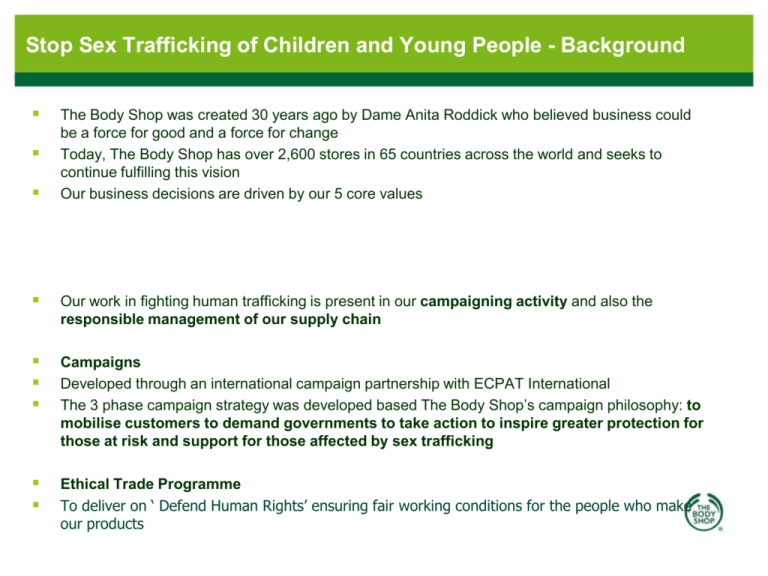
Stop Sex Trafficking of Children and Young People - Background
The Body Shop was created 30 years ago by Dame Anita Roddick who believed business could
be a force for good and a force for change
Today, The Body Shop has over 2,600 stores in 65 countries across the world and seeks to
continue fulfilling this vision
Our business decisions are driven by our 5 core values
Our work in fighting human trafficking is present in our campaigning activity and also the
responsible management of our supply chain
Campaigns
Developed through an international campaign partnership with ECPAT International
The 3 phase campaign strategy was developed based The Body Shop’s campaign philosophy: to
mobilise customers to demand governments to take action to inspire greater protection for
those at risk and support for those affected by sex trafficking
Ethical Trade Programme
To deliver on ‘ Defend Human Rights’ ensuring fair working conditions for the people who make
our products
Our Ethical Trade Programme Ensures:
•
Everything our customers buy from our stores is sourced from a supplier who has been ethically
checked under our Ethical Trade Programme.
•
We know the people who make our uniform and T-shirts are treated with respect and in accordance
with our code of conduct.
•
That we are monitoring the suppliers of our shop fit to ensure they treat their staff according to our
code of conduct.
As a founding member of the ETI we ask our primary suppliers¹ to commit to comply with our code of
conduct so that:
•
•
•
•
•
•
•
•
•
No-one should be forced to work
Workers should be able to join and form trade unions
Working conditions should be safe and healthy
Child labor should not be used
People do not work excessive hours
Workers should earn enough to live on
Workers should be treated equally, regardless of who they are and what they believe
Where possible, workers should be provided with regular employment
Workers should not be verbally, physically or sexually abused or disciplined
Stop Sex Trafficking of Children and Young People
Phase 1 – Awareness Raising and Fundraising (2009 – 2010)
Campaign unveiled by United Nations Special Rapporteur on the sale of children, child prostitution and
child pornography and launched across 2,500 stores
Across the world national press conferences, in-store activities and public events raised awareness
Funds were raised to support the work of ECPAT and local NGO partners through the sale of a
specially created hand cream raising £1.5 million during Phase 1
Stop Sex Trafficking of Children and Young People
Phase 2 – Launching Petitions (2010 – 2011)
In 2010, a new campaign tool called Progress Cards, which identified specific actions national governments needed to take
to protect and support children were finalised for 42 countries plus the Middle East Region (8 countries)
Progress Cards informed the content of 50 national campaign petitions which customers signed and called for governments
to take specific action
Sales of the Soft Hands Kind Heart hand cream raised £1.2 million during this Phase 2
Stop Sex Trafficking of Children and Young People
Phase 3 – Calling for Change (2011 – 2012)
Sales of the Soft Hand Kind Heart hand cream have generated donations of £100,000 to date in Phase 3
The Body Shop’s International Campaign Director received the United Nations Business Leadership Award
The Body Shop began to work with CNN, promoting the campaign petitions as part of CNN’s Freedom Project
The petition closed in July 2011 with 7 million signatures from 50 countries – the most in The Body Shop’s history
36 national petitions were presented to national governments or to United Nations representatives
The petition was presented to the European Commissioner for Home Affairs and was the largest human rights petition in
EU history
In response to the petition handovers, 14 governments have committed to specific legislative action: Malta, Denmark,
Pakistan, Portugal, South Africa, Malaysia, Norway, Switzerland, Romania, Taiwan, Ireland, Indonesia and The
Philippines.
In September 2011, The Body Shop and ECPAT presented one of the largest petitions in the history of the United Nations
was presented to the UN Human Rights Council and received the President of the Councils full support

